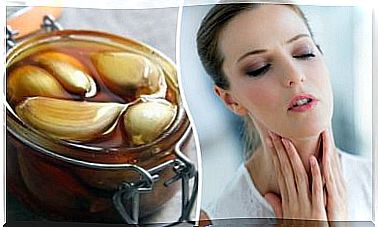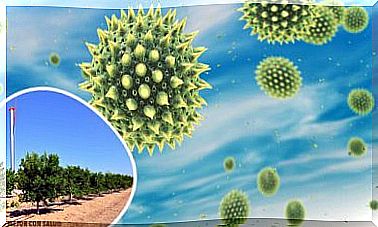Allergy Shots: Questions And Answers
Allergy shots do not cover all types of allergens. In general, they are a safe and effective treatment to control allergic reactions. They should only be administered in a medical center, since in some cases they cause undesirable reactions.
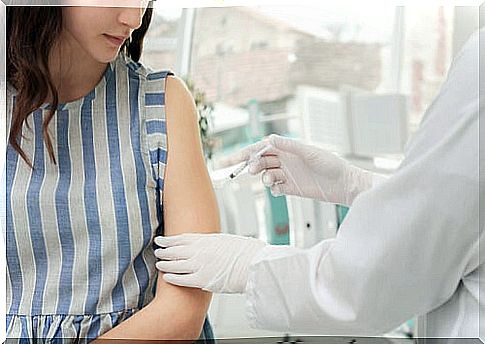
Allergy shots are one of the treatments available to address allergic reactions. Sometimes they relieve symptoms, and other times they eliminate them completely, on a sustained basis, after treatment is finished.
Not everyone should get allergy shots, nor are vaccines available for all forms of allergy. Immunotherapy is a field of study that is under development. In any case, there are currently many myths circulating around this and other vaccines.
To avoid mistakes or misunderstandings, in this article we present the main questions and answers in this regard.
What are allergies?
An allergy is an adverse reaction that occurs when ingesting or coming into contact with certain substances that do not affect most people. Such substances, called allergens, activate an excessive reaction of the immune system and this, in turn, generates different effects.
Allergies can be mild or severe. The most serious allergic reaction is called anaphylaxis. It breaks out very quickly and its symptoms are life threatening. The number of substances that can cause allergic reactions is very large.
What are allergy shots?
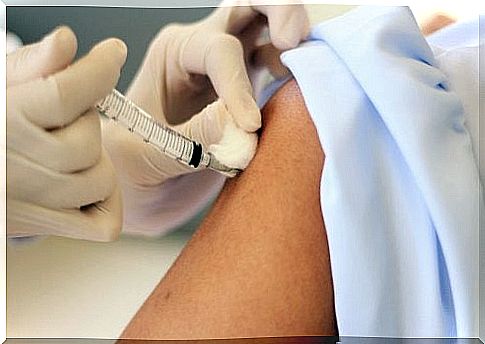
Allergy shots are a treatment modality for allergies. Its objective is to reduce or eliminate a person’s hypersensitivity to those substances that produce the allergic reaction when it is not possible to stop coming into contact with them.
Allergy shots help the body develop immunity against the elements that cause the allergic reaction. Immunotherapy is used when other treatments or measures are not enough to treat the problem.
How do vaccines work?
Allergy shots contain a small amount of the allergen that causes the adverse reaction. That allergen is found in a purified form in the vaccine. When injected, the body produces antibodies that prevent the allergic reaction.
Little by little, the dose is increased until, in the best of cases, the body becomes immune to the allergen. Typically, it takes three to five years for symptoms to visibly diminish or disappear.
How are these types of vaccines administered?
Allergy shots are usually injected into the upper arm. Treatment includes two phases :
- The first is the accumulation stage. The vaccine is given one to three times a week, for three to six months.
- The second phase is the maintenance phase, which lasts between three and five years. In this phase, the injection is done once a month or every six weeks. Your doctor will evaluate your symptoms to determine when to stop treatment.
What types of allergy shots are there?
There are no vaccines for all types of allergens. Vaccines for food allergies, for example, are not recommended. Vaccines have proven to be effective for seasonal allergies, for indoor allergens (mites, mold, cockroaches, or pet dander), and for those caused by insect bites.
When are allergy shots recommended?
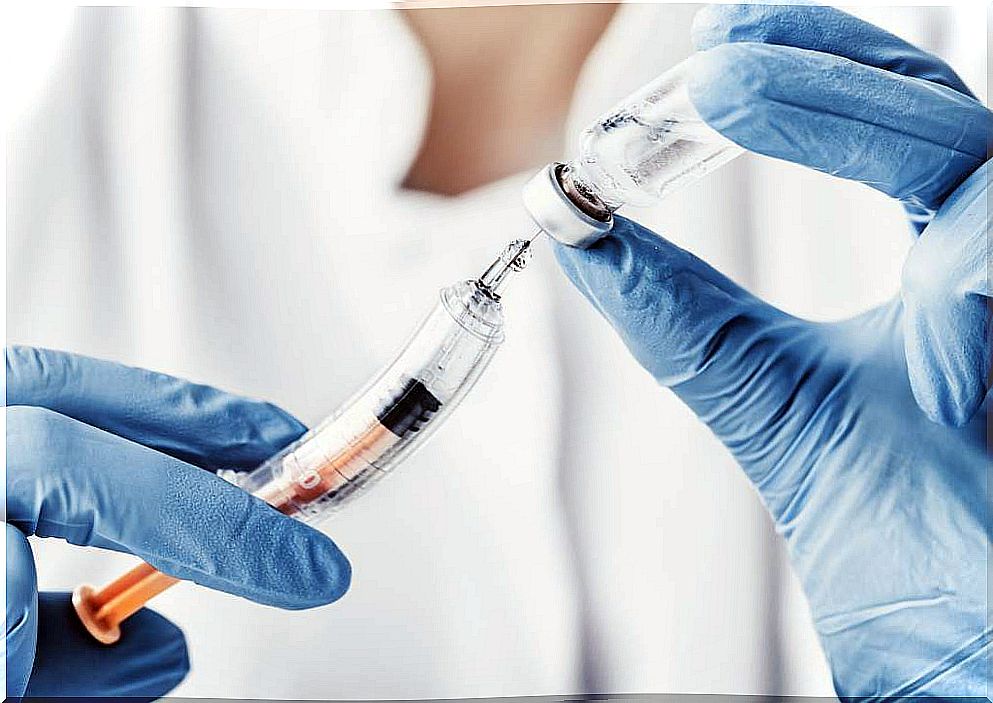
The vaccines are only given to people who have an allergy proven by sensitization tests. They are not recommended in the following cases :
- Children under 5 years of age and pregnant women.
- Patients with severe asthma or a serious heart condition.
- People taking certain medications, particularly beta-blockers.
- People with adverse reactions to the vaccine.
Vaccines are only recommended if the other treatments don’t work. Also in case there is an allergy to insects, for example.
Do they have side effects? Are they safe?
Most people have no problem with allergy shots. However, some people do have adverse reactions. Sometimes local reactions of redness, irritation or inflammation occur at the site where the vaccine was given. They usually disappear shortly after.
There are also cases in which systemic reactions occur, with nasal congestion, sneezing or hives. Sometimes the throat becomes swollen and wheezing and chest tightness appear. In the most severe and rare cases, anaphylaxis can occur. The vaccine should always be given in a doctor’s office.
what results can be expected?
The most common is that there is a moderate improvement during the first year of treatment. This will become more noticeable during the second year. In most cases, by the third year there are no longer any symptoms, even if the injections are stopped.
Some people will need more time and others will still have mild symptoms. In allergies to animal dander, for example, it is necessary to avoid contact anyway.


